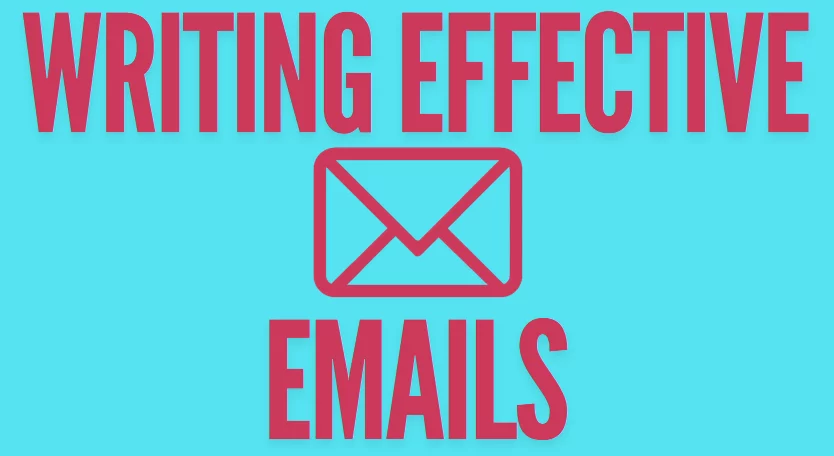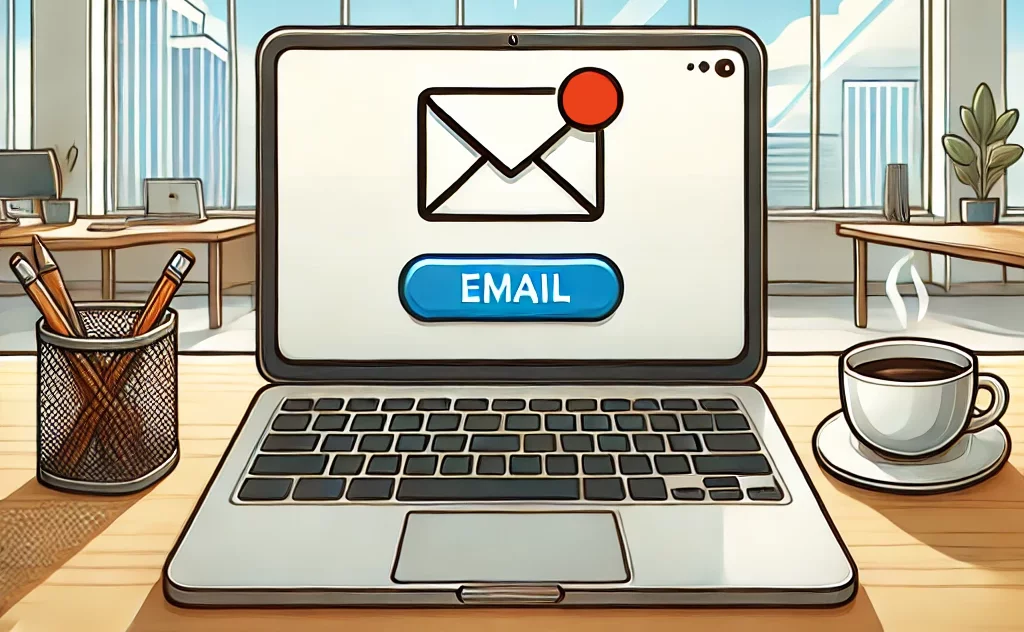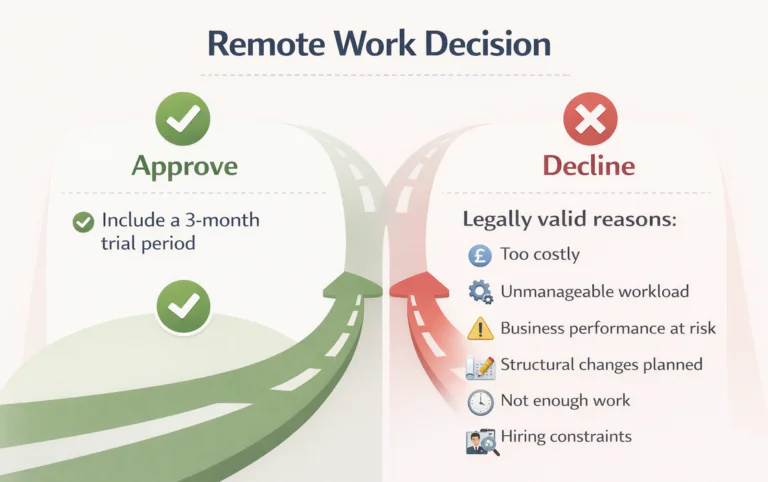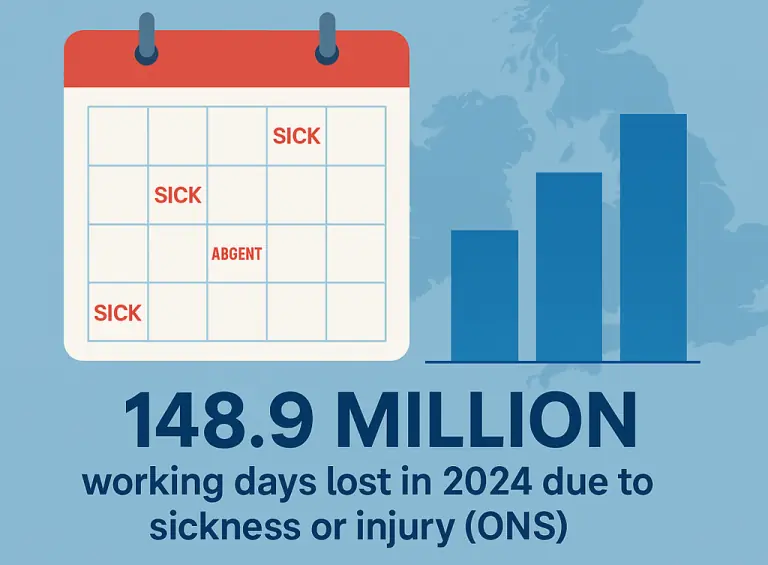
Writing Effective Emails [Forget The Fluff!]
Contents
Everyone uses email. But not many know how to write a persuasive email!
For any role, especially management, this will be your most used communication method.
Let’s learn when to email, and how to write a persuasive email.

5 Tips For More Persuasive Emails
Once you’ve decided to write an email:
Think about how best to present it and communicate yourself.
Here are five tips to make sure that you write a persuasive email with maximum impact!
1. Think Hard About Your Subject Lines
Effective subject lines convey as much meaningful information as possible in as few words as possible.
The more concise and impactful, the better.
If there is a clear call to action, try to include it in the subject line.
Even if it’s a marketing email, a concise subject line will significantly raise your chance of being read.
2. Be Clear
You need to clearly explain what you expect from the recipient.
This helps the target audience understand the specific outcome you have in mind.
Wherever possible, mention this outcome at the start of your email so that the reader doesn’t miss it if they skim-read the email!
Alternatively, highlight this key section using bold or italics to make it hard to miss.
When writing a persuasive email, clarity along with a clear call to action are key to getting the response you need.

3. Keep It Short And Interesting
Avoid extraneous information.
Long-winded emails are likely to be skimmed or even ignored entirely.
Write persuasive emails that are as short as possible while still covering all the key information.
If you have to write a longer email, make sure to keep it interesting.
This is also a key skill for managers, read our assertiveness tips for managers here!
4. Tailor your emails
If you know the recipient of your email, tailor your style to their style.
Matching your recipient’s style will get their attention and make your email more persuasive.
In email marketing, your audience will be much more broad, trying to find prospective clients.
For this specific example, tailor your emails over time after learning what types of people are buying into your business.
This will end up with you writing tailored follow-up emails to satisfied customers!
5. Get Your Facts Right
Providing evidence to back up your words is a simple way to ensure that your emails are persuasive.
This will back up your argument and give the impression that you have a firm grip on the details of the subject.
Being professional and effective on emails is an important skill we also learn on our manager courses.
3 Mistakes To Avoid
As with all communication, there are also some basics that you must avoid to make sure your emails have an impact.
1. Basic Writing Skills
Get the basics right.
Make sure your punctuation and spelling (especially the recipient’s name!) are correct.
Getting this wrong distracts from your main message and damages your credibility!
74% of people say these types of errors damage an authors’ credibility (Source: Investment Writing).
2. Never Email Mad!
Everyone experiences frustration or anger while at work sometimes.
This may or may not be work-related.
Regardless, it will come across in your emails, just as it would in your voice.
If you’re having a frustrating time, go for a walk or try another way to shift the feeling before emailing.
Sending emails when you’re in a negative frame of mind will only reduce their impact.
3. Stay Professional
Criticising, gossiping and moaning should all be avoided.
People can fall into the trap of writing things that they’d never say out loud.
Keep your emails professional.
If you’re unsure whether to send an email, sleep on it.
Review it in the morning to see if you still think it would be a good idea to send it.
For sales reps, a common mistake is sending unprofessional marketing emails to people that were once loyal customers!
When Should You Use Email?
Always consider: “Are emails the right way to communicate this?”
Every method of communication has its benefits and drawbacks.
Think about what you want to communicate.
This will help you determine whether writing an email is the best course of action.
For non-urgent, everyday issues that don’t require discussion, email is likely to be the ideal choice.
If the issue requires detailed discussion and listening to others views, a meeting is a better choice.
Conclusion
Email is overused.
However, its prevalence means that mastering it will be important for you when learning to influence employees.
Next time you sit down to write an email, take a few extra minutes to think through the steps above.
The results will more than justify the time it takes.
- Facebook: https://www.facebook.com/profile.php?id=100066814899655
- X (Twitter): https://twitter.com/AcuityTraining
- LinkedIn: https://www.linkedin.com/company/acuity-training/




